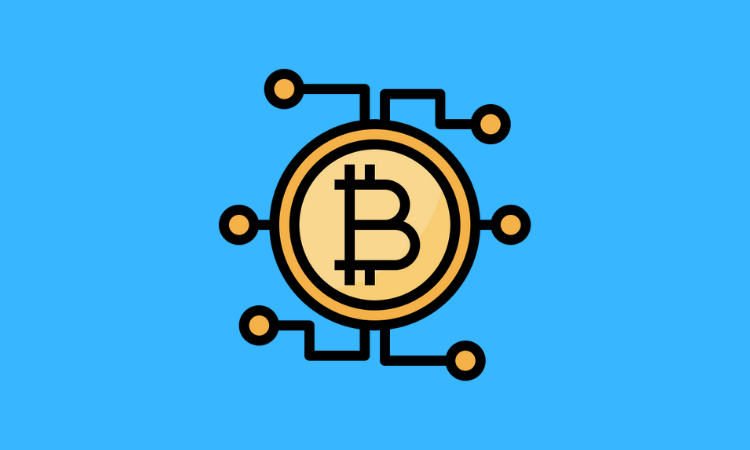Sponsored by Visa
For Visa, digital currency means new opportunity to add value to the ecosystem
- With digital currencies, Visa looks to further expand its network of networks.
- More than 25 digital currency wallets have linked to Visa, making it possible to spend digital currency at 61 million merchants









For me, the term “network of networks” really resonates with the change we are currently seeing throughout the world. We are seeing limitations not only around payments but how we communicate and transact, all of which will all be governed by secure API’s and data. Since data aggregation is a critical component to the open banking eco-system, Visa has strategically placed itself as one of the major players in the market, with their acquisition of Plaid, which really shook up the fintech world and put Visa in a domination position.